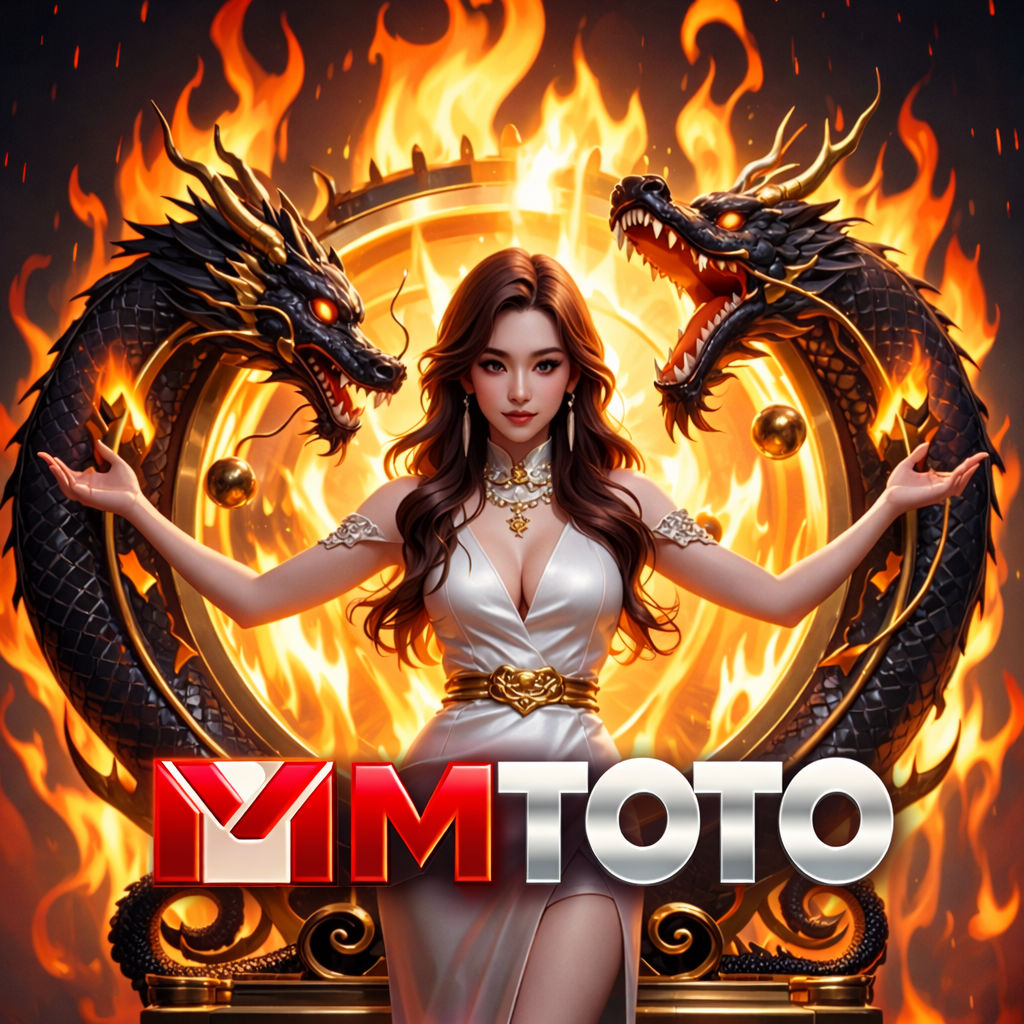MMTOTO : Link Login Alternatif Platfom Permainan Game Online Paling Mudah Menang Hari Ini
$29
$29

We’ll make it perfect. No fees, no worries.
MMTOTODescription
Mmtoto kini hadir dengan banyak link login alternatif yang tersebar di mana saja yang sangat mudah di akses oleh seluruh pemain, Selain itu mmtoto sendiri juga memiliki live rtp yang sangat akurat 99,9% menjadikan mmtoto tujuan utama para pecinta permainan game online di seluruh indonesia.





